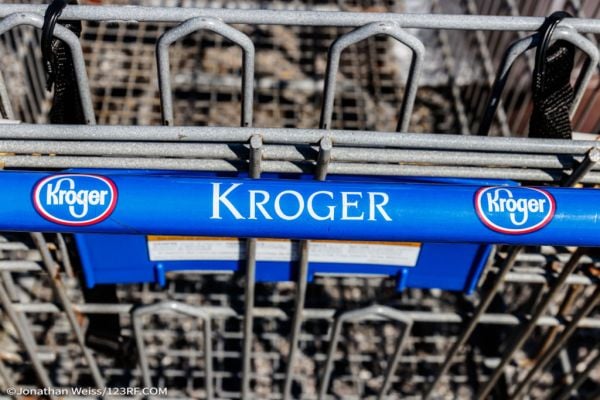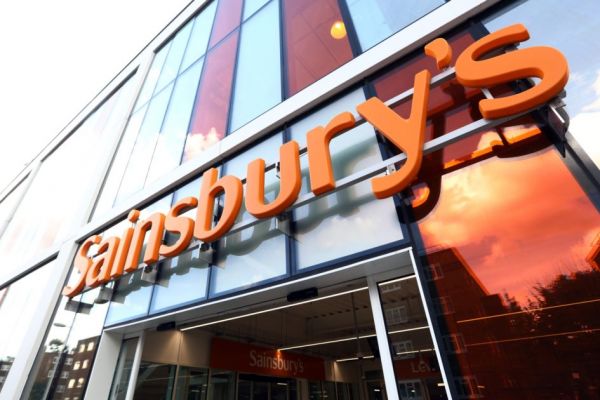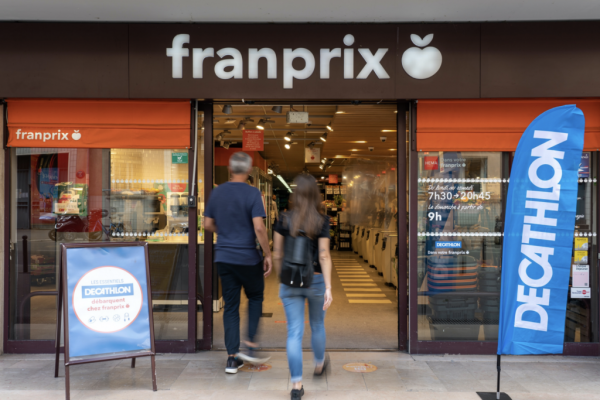Wal-Mart Stores Inc. can no longer count Marlene Gosparini and her employer as regular customers in Thunder Bay after the world’s largest retailer stopped accepting Visa Inc. credit cards at its three stores in the Canadian city.
“I’m not too happy about it," Gosparini said Monday as she lugged five plastic bags filled with supplies across the street from the Ontario city’s oldest Wal-Mart store to Truck & Diesel Hydraulics, where she works in shipping and receiving. Her employer spends about C$500 ($385) a month at the retailer, and she’ll spend C$150 a week on her own, often on Visa, she said.
“We won’t be shopping there anymore because we have a company Visa card," said Gosparini, 55. “And now that we have to go somewhere else. I’ll probably buy my personal stuff elsewhere, too."
Thunder Bay, a port city of about 120,000 people on the northern shore of Lake Superior, is the latest battleground over credit-card fees for the Bentonville, Arkansas-based retailer. Wal-Mart’s Canadian unit has threatened to expel Visa from all 405 of its stores nationwide unless the network agrees to lower the amount it charges for credit-card transactions.
‘Use Cash’
Wal-Mart prepared its Thunder Bay customers for the change in June when it posted a statement on its website. There were signs in stores leading up to the shift, and on Monday store greeters, employees and managers approached customers as they walked in to remind them of the change. Some cashiers even offered customers a chance to sign up for a Wal-Mart Mastercard.
“It doesn’t bother me," said Lea Bostan, a 73-year-old retiree and Visa cardholder who echoed the sentiments of many shoppers. "I come here all the time. I’ll still come here but I’ll just use cash."
Visa “remains committed to doing everything reasonable to ensure Canadians can use their Visa cards everywhere they wish to shop -- including at Wal-Mart stores,” Carla Hindman, a spokeswoman for San Francisco-based Visa, said in an e-mailed statement. Visa ran ads in Thunder Bay’s newspaper Monday offering cardholders a C$25 online gift card for making purchases of C$75 or more at Thunder Bay grocery stores.
Alex Roberton, a spokesman for the retailer in Canada, didn’t immediately respond to a request for comment.
Early Skirmishes
Canada has emerged as an arena for early skirmishes between big retailers and payments networks over fees. In September 2014, Costco Wholesale Corp. told customers it would stop accepting American Express Co. cards at its Canadian stores the following year and switch to Mastercard. Five months later, AmEx and Costco announced they planned to end their exclusive U.S. relationship, as well.
Wal-Mart’s Canada unit, which pays more than C$100 million to accept credit cards annually, called the fees Visa charges “unacceptably high” in a June 11 statement on its website. The retailer didn’t say what the amount was. Visa responded with a letter published in newspapers accusing Wal-Mart of “unfairly dragging millions of Canadian consumers into the middle of a business disagreement that can and should be resolved" between the companies.
“I do have a Mastercard so I’ll probably be using that," said Teresa Tucci, a Visa cardholder who questioned Wal-Mart’s policy. “They shouldn’t put a limit on what kind of card you can use."
Public Negotiations
Wal-Mart’s move and Visa’s reaction feels like a negotiation being haggled out in public, Sanjay Sakhrani, a Keefe, Bruyette & Woods analyst, said in an interview.
“If this was a real threat, they’d start in Montreal or Toronto," Sakhrani said, referring to Wal-Mart’s move. Choosing Thunder Bay “would lead you to believe that the intent is to try to work something out versus having some kind of wide consumer backlash.”
Visa shares climbed 11 cents to $78.41 at 11:40 a.m. in New York, and Wal-Mart gained 0.4 percent.
Located about 340 miles (550 kilometers) northeast of Minneapolis, Thunder Bay traces its history to the 17th century fur trade and evolved with the addition of a port and railway in the 1800s. Today, Thunder Bay is the biggest city on Lake Superior and the largest outbound Canadian port on the St. Lawrence Seaway System, with major employers including railcar-maker Bombardier Inc. and pulp-and-paper company Resolute Forest Products Inc.
Wal-Mart has been fighting for decades to reduce card fees. It was among merchants that sued Visa and Mastercard in 1996, claiming they used their market dominance to force retailers to accept their debit cards. While that case was settled in 2003 with payments and policy changes, additional litigation followed alongside lobbying battles on Capitol Hill.
Largest Share
Visa had the largest share of the Canadian credit-card market by purchase volume in 2015 with 60 percent, followed by Mastercard’s 35 percent and about 5.4 percent for American Express, according to the Nilson Report, an industry newsletter.
Most shoppers didn’t think Wal-Mart’s move would have much of an impact in the end -- at least in Thunder Bay.
"It’s Wal-Mart, people are going to shop here no matter what," said Gloria Derouard, 63, who said she used her debit card to pay for her purchases.
News by Bloomberg, edited by ESM. To subscribe to ESM: The European Supermarket Magazine, click here.














